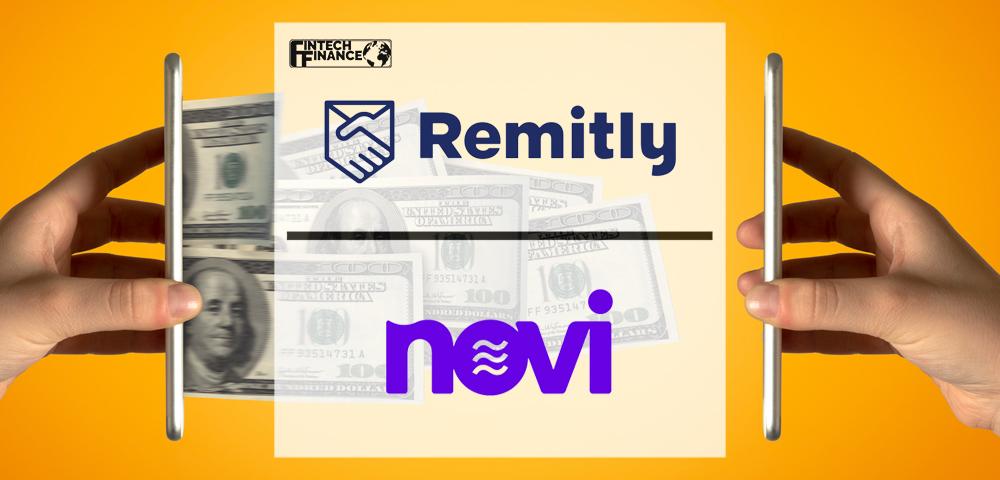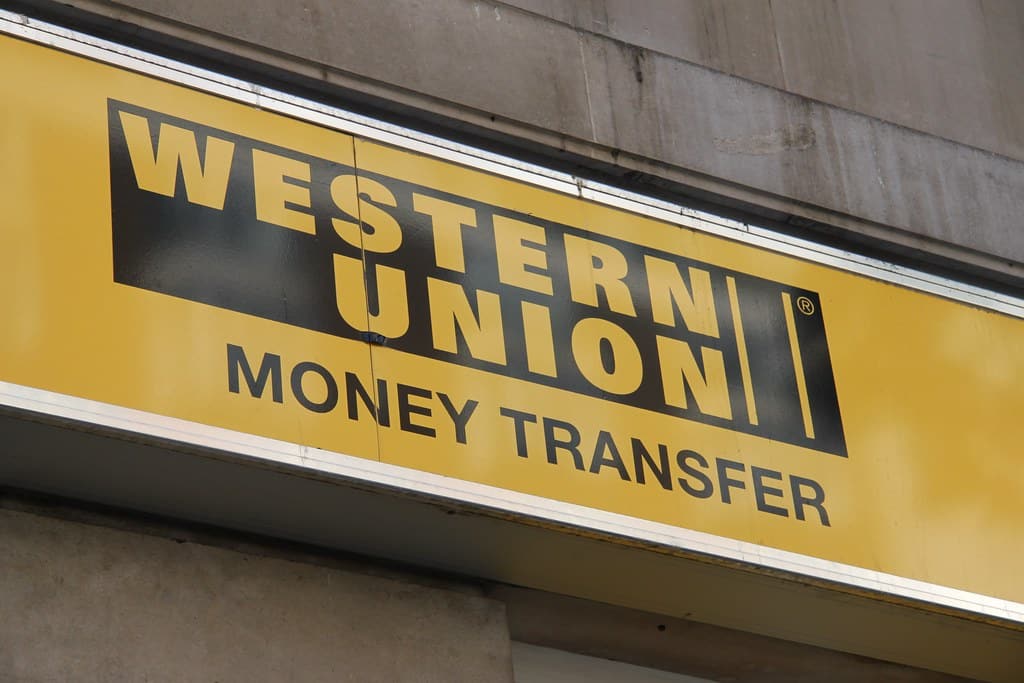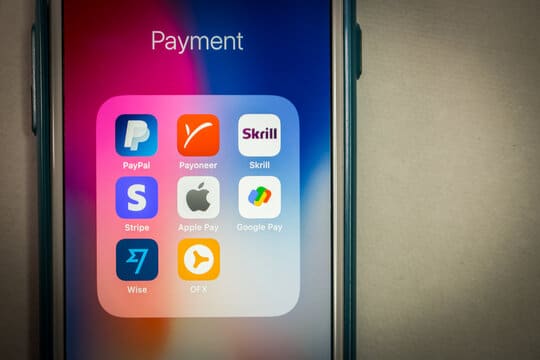Getting money out of South Africa as an expat – that will be the topic of today’s article.
Effective international wealth planning is essential for expats to transfer funds out of South Africa smoothly.
Nothing written here should be considered as financial advice, nor a solicitation to invest.
For any questions, or if you are looking to invest as an expat, you can contact me using this form, or via advice@adamfayed.com
It is usually better to “kill two birds with one stone” and invest as an expat, rather than send money home to buy shares or a house.
Introduction
Living in South Africa can offer expatriates a unique experience of experiencing a diverse and rich culture. South Africa is located at the southern tip of Africa and borders Botswana, Mozambique, Namibia, Swaziland, and Zimbabwe. It has nine provinces; Eastern Cape, Free State, Gauteng, Limpopo, Mpumalanga, Natal, Northern Cape, Northwestern, and Western Cape. The most prominent cities are Pretoria (executive capital), Cape Town (legislative capital), Johannesburg, Durban, Port Elizabeth, Bloemfontein, and East London.

While most people think of safaris and wildlife when they contemplate Africa, there is so much more. Cities in South Africa are not unlike other cities around the world with huge skyscrapers, cosmopolitan restaurants and bars, and shopping malls to suit every budget. However, those moving to South Africa looking for a taste of the wild won’t have to look far to find it. Just an hour away from places like Johannesburg, there are nature reserves teeming with all kinds of wildlife, including lions, elephants, and zebras.
South Africa is home to over 47 million people of diverse backgrounds, cultures, languages , and beliefs. About 79% are black (or African), 9% white, 9% “colored” (a local name given to people of mixed African, Asian and white ancestry), and 2.5% Indian or Asian.
There is much more to South Africa for expats than you might expect. It is impossible to broadly categorize the myriad facets of life in South Africa, which is famous for its diversity – better experience it for yourself! Let us give you a brief overview.
Life in South Africa

Many people around the world may have only a vague idea of what life is like in contemporary South Africa. For a very long time, the only thing most people knew about South Africa was apartheid, a system of government-supported and forced racial segregation. Fortunately, this is already history, and the country is working to create a positive image at the international level.
The 2010 FIFA World Cup gave the world a glimpse of contemporary South Africa. However, he has also been criticized for failing to show what life in South Africa means to a significant portion of the population. So what can be said about life there in general terms? The country is diverse in every possible aspect, from language to religion, due to the many, many ethnic groups united in this nation. In South Africa, you can find some of the most westernized, wealthy, and progressive aspects of the African continent, but also some of its biggest problems. However, one thing is certain: expats rarely experience anything resembling life in South Africa.
Until 1991, the government divided the population of South Africa into four main ethnic categories: blacks, coloreds, Asians, and whites. Since the end of apartheid in the 1990s, these categories have fallen into disuse, at least for most official purposes.

People
The reality, however, still shows the old differences, for example in terms of education and income. According to statistics, blacks are still the most disadvantaged group in South African society. However, change is step by step, and South Africa has already successfully begun to shake off the taste of decades of state inequality and segregation through a series of countermeasures.
Today, about 80% of South Africans identify themselves as black Africans. They are a very culturally and linguistically diverse group, consisting of the Zulu, Xhosa, Sotho, Bapedi, Venda, Tswana, Tsonga, Swazi, and Ndebele ethnic groups, among others. Whites, who are an equally diverse group, make up about 8% of the population. Since 1994, the number of whites in the country has been slowly but steadily declining. The reasons lie in the low birth rate and the large number of whites who cannot or do not want to continue living in South Africa for various reasons, including the high crime rate that the country suffers from.

Given the diverse ethnic backgrounds of the South African people, it is not surprising that the nation recognizes eleven official languages. Although it is not the most widely spoken first language among the population, English still serves as the lingua franca between different ethnic groups and expats, making it an important part of everyday life. The South African accent is very clear and legible, so there should be very few if any, communication problems. You will very rarely find yourself in a situation where you cannot speak English at all at the major expat hotspots in South Africa.
Healthcare system
South Africa’s healthcare infrastructure is generally of very high quality, especially in the larger cities. Hospitals and clinics employ highly qualified, experienced staff. South Africa has excellent heart and eye clinics that attract a significant number of medical tourists every year.
Pharmacies are well stocked with everything you may be familiar with from your home country. However, if you regularly take prescription drugs, you should be aware that some drugs can be very expensive. If you can, take a small supply with you to last at least the first couple of weeks or months to save some money. Be sure to bring all your medicines in their original packaging along with your doctor’s prescription.
South African standards for water supply and food hygiene are very high. You will be able to enjoy food from street vendors, local products, dairy products, or tap water without any problems.
Job and career opportunities for foreigners
South Africa has an affirmative action policy that favors women, people of color, and people with disabilities in employment. Such policies, combined with South Africa’s high employment rate, can be a major hurdle for foreigners living in South Africa looking for work, as they are often bypassed in favor of local residents. However, there remains a need for skilled workers in some areas, and those willpower skills that are in demand may find that they can secure employment opportunities.
Cost of living

South Africa remains relatively cheap compared to many Western countries. In Mercer’s 2012 cost of living rankings, Johannesburg (154) and Cape Town (179) are down 23 and 21 positions respectively from the previous year, reflecting the significant weakening of the South African rand against the US dollar last year. Tunisia, Tunisia (209), remains the cheapest city for expatriates in the region, down two places from last year.
The cheap cost of labor in South Africa means that expats living here will have a high standard of living and will have domestic help as the norm if they so choose. Alcohol, food at local restaurants, and general service costs are also quite low. Thus, life in South Africa is not so expensive.
How to get money out of South Africa as an expat?

In everyday life, many of us are often faced with the need to transfer money abroad or receive money from there. These can be transfers to a provider, a partner, a child studying abroad, parents, as well as urgent transfers in case of unforeseen circumstances during departure. In any case, the transfer of money should be carried out quickly and as profitably as possible. How to do this and what options are most convenient and safe?
How to transfer money abroad to an individual? Today, there are several ways to transfer money abroad. And even if there is experience of such operations, the choice of method still needs to be approached competently. Firstly, it will save you from extra spending on commission. Secondly, it will significantly save translation time. Thirdly, it will guarantee the security of sending funds.
So, today the following methods of getting money out of South Africa can be an option:
- bank transfer;
- transfer using electronic payment systems;
- transfer using international money transfer systems;
- transfer using cryptocurrency.
Bank transfer is one of the most common ways to send money abroad today. This is due to the confidence of citizens in banking structures, as well as the habit of conducting monetary transactions through banks. There are several ways to transfer money through a bank:
- from account to account;
- from card to card;
- from card to account;
- from account to card.
There are many ways to transfer money from country A to country B, and for this article, our target is South Africa, that is very popular among many expats, students, and business people, and it is very common to need to get money out of South Africa.
In general, the transfer of money from one country to another is a very common phenomenon today. Here in this article, you can find potential and practical options to transfer money quickly wherever you are, or how to get your money out of South Africa without any problems, so let’s get started with the most popular money transferring financial companies such as:
- Remitly
- Western Union
- World Remit
- Xoom
- Wise
Remitly

Remitly is a web-based money transfer provider that allows you to quickly send money from the US to over 90 countries, especially America. Competitors that have delivery options within minutes tend to have higher fees, but Remitly balances speed with decent pricing. It often charges a flat fee of around $4 to send money, depending on the country, amount sent, and payment method.
Remitly’s exchange rates typically carry markups ranging from less than 1% to just under 3%, which largely depends on the currency and payment method, but are about on par with similar competitors.
Remitly allows users to send money in Economy or Express mode. Economy often has lower fees, including no fees for your first transfer, but takes longer to get to the recipient.
If you are sending economy class from Canada to the Philippines in local currency, the transfer will take up to three days. Remits charges you $2.99 if you send less than $500, but there is no charge for sending more than $500.
If you need money to get from Canada to the Philippines immediately, the Express option costs $6.99 no matter how much you send.
Express transfers are instant, so they’re great for people who need to send money in an emergency. However, they do incur additional fees that may increase as you send money more often using this method.
There may also be situations where Remitly will charge you an additional fee, such as when you send money to a recipient in another country, but they receive the money in USD.
Western Union

One of the most common companies you can come to is Western Union. This company gives you an easy way to send cash abroad, even if the recipient doesn’t have a bank account.
Western Union is a big name in the money transfer industry and almost everyone has a bank account. But what should you use when sending money to friends and family? Answer: It depends on your circumstances.
To make a transfer using Western Union, you go to their website, enter the transfer amount and to which country and see how much you will pay for the exchange. Once completed, Western Union converts and sends your money to a bank account or for cash collection at points around the world. You can also initiate a transfer over the phone, via the mobile app, or in person.
For international transfers, calculating transfer fees can be confusing. While most fees start at $5, they can go up to $45 when paying with a credit or debit card in cash in some countries. However, when sending money to high-traffic countries such as Mexico or India, some agents offer commission-free transfer options.
Depending on the country you’re sending money to, a typical Western Union exchange rate can be up to 6% higher than the market average. If you’re sending a large amount overseas, that means hundreds of dollars go straight into Western Union’s treasury.
Delivery speed depends on the translation option. At the agent’s office or over the phone, your transfer can be completed within minutes (at a higher cost). The cheapest options may take five days or longer, depending on the country.
So yes, Western Union can be a good option for sending money from South Africa to your family or friend.
World Remit

WorldRemit’s network is not as big as brands like Western Union, but you can often find better rates and lower fees with WorldRemit. In addition, the WorldRemit app and website tell you in advance what exchange rates and fees you will be paying without first registering. This makes it easy to compare with other companies to see if you’re getting the best deal.
One of the main disadvantages of WorldRemit is that you cannot pay with cash, but its global network supports cash acceptance in many countries around the world.
Other delivery options, such as mobile phone top-ups, bill payments, and door-to-door cash delivery, complement this service for some delivery destinations. You will also often be able to find promo codes to get a better deal if you are buying an item for the first time.
Transfers through WorldRemit will add a fee and markup to the average market margin. Transfer fees for WorldRemit vary, but the standard shipping fee from the US to most countries is $3.99. WorldRemit fees and exchange rates may vary depending on the following:
- Location. Fees and exchange rates may vary depending on the country you are shipping to. Even if two destination countries use the same currency, the exchange rate offered by WorldRemit may differ when shipped to each.
- Quantity. Although the fee for most transfers is $3.99, in some countries the fee will be higher depending on the amount you send.
- Delivery. Sending cash of course can have higher fees, while sending to a bank account is cheaper.
WorldRemit provides its clients the same exchange rates no matter how much is the amount you send. This is another good option for those expats who are looking for a safe way to send money out of South Africa.
Xoom

Xoom, owned by PayPal, runs at speed. Founded in 2001, the web provider completes most transfers within minutes. You can send money to over 160 countries with different delivery options such as bank transfer and local cash pickup depending on the country. But you will need to provide a lot of personal information in order to send large amounts of money.
Compared to its competitors, Xoom has an average exchange rate margin, and markup rates above the market average are also on par.
To use Xoom, you must first register for an account and download the mobile app. You can then send money through the app or by logging into the Xoom website. Your money transfers can be funded from a bank account, debit card, credit card, or PayPal balance.
Once the transfer is completed, you will receive an email or text notification of the status. You can also keep track of the process of your transfer in the application. Xoom charges a fee for all transfers. These fees usually start at $4.99 and increase from there. You can also use Xoom to pay your bills – the fee is $2.99.
One of the greatest pros of using Xoom over other payment apps is that transfers are being completed quicky, usually within minutes. As for the exact transfer times, it depends on how you pay, as well as on the chosen delivery method.
If you use a credit card, debit card, or PayPal balance as your payment method, a Xoom transfer can often arrive instantly or within minutes. But it can be expensive, especially if you use a credit card.
Some destinations may take longer to transfer, even if you use the funding options above. Using a bank account tends to slow down the transfer process and it may take a few days for the money transfer to complete. It is important to note that large money transfers can also take longer than small money transfers.
When you use any personal finance or payment app, security is an important consideration. Xoom uses 128-bit data encryption to keep your data private. This means that you can be sure that your personal and financial data is protected.
Wise

This is an Estonian company that allows you to make transfers to other countries, paying only the difference in rates and a low commission. This is a great alternative to bank transfers, as the money goes to the recipient’s bank card, but you don’t lose money on interest.
To transfer you need:
- Register on the company’s website (only for the sender). You get a real IBAN account, which you can also use to receive money from other countries
- Select the amount you want to send
- Add recipient bank details
- Verify identity (ID photo)
- Pay for the transfer
- You can track your transfer
Money transfer startup TransferWise offers cheap ways to send money from the US to over 70 countries. The exchange rates are among the best you will find. You can fund the transfer in various ways, such as using a bank account or card, but the recipient must have a bank account. The highly acclaimed mobile apps and websites contain useful cost calculators and other information to make transfers convenient.
The company offers low commissions. The fixed cost for many countries is a combination of a fixed amount of around $1 and a percentage of just under 1% of the transfer amount.
Credit card fees are higher. Using an ACH transfer from your bank account or debit card is usually cheaper. If you pay by wire transfer with TransferWise, your bank will likely charge you a fee.
But this international money transfer is not always the best option for large amounts of transfers. Some providers charge no fees and offer competitive markups, which can make some transfers cheaper than TransferWise.
Pained by financial indecision? Want to invest with Adam?
Adam is an internationally recognised author on financial matters, with over 376.8 million answers views on Quora.com and a widely sold book on Amazon



